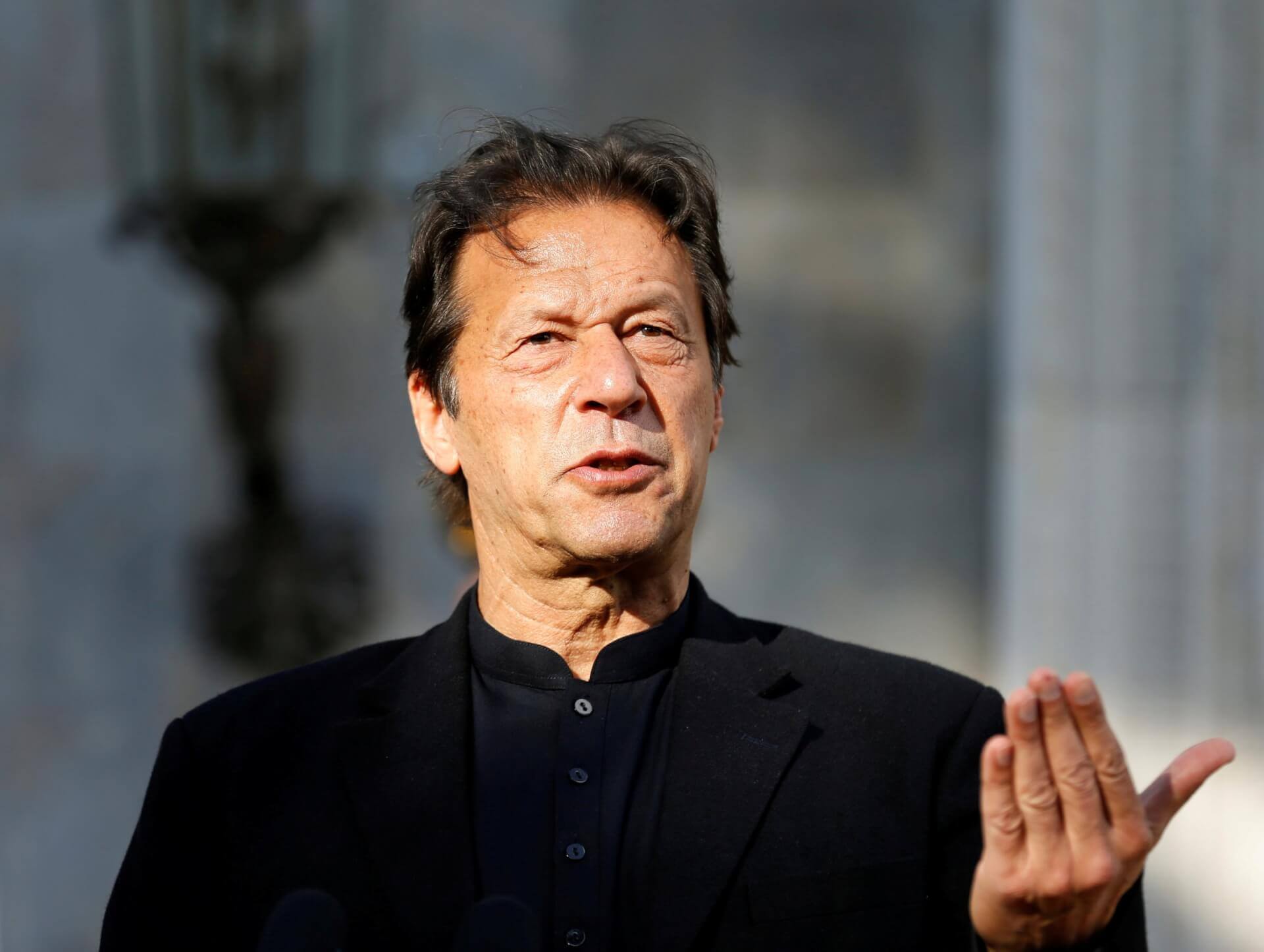On Saturday, Pakistani Prime Minister (PM) Imran Khan emerged victorious in a vote of confidence in the lower house of the country’s Parliament or the National Assembly. Khan, who leads the Pakistan Tehreek-e-Insaf (PTI) Party, secured 178 votes in the 342-member National Assembly; he needed 172 votes to win the trust vote.
The speaker of the Parliament, Asad Qaiser, announced the decision of Saturday’s vote, declaring, “Mr Imran Khan has obtained the vote of confidence from the National Assembly and commands the confidence of the majority of the members of the National Assembly as the prime minister of the Islamic Republic of Pakistan.” Following his victory, Khan immediately attacked the country’s opposition for marring the Senate elections, which were conducted last Wednesday, and urged the Election Commission to initiate an inquiry into the same.
The decision to call for a vote of confidence was made following the PTI’s defeat in the country’s Senate, the upper house of the Parliament. Following Wednesday’s vote, the opposition coalition retained control over the Senate, with the Pakistan People’s Party (PPP) and the Pakistan Muslim League–Nawaz (PLM-N) securing 20 and 18 seats each. This, combined with the seats secured by their allies, brought the opposition up to 53 seats in the 96-member upper house.
Following the defeat, Pakistani Foreign Minister Shah Mahmood Qureshi said, “Imran Khan and his party have made a unanimous decision that [the prime minister] will seek a vote of confidence from this house … And it will be clear who stands where. Those who stand with Imran Khan, they will be visible, and those who are not standing with him, or those who think that they prefer the ideology of [the opposition], then they have every right to clearly join their ranks.” This decision made Imran Khan the first Pakistani leader to wilfully go and face a vote of confidence before the country’s Parliament. Qureshi further added that Gilani’s victory evidenced the failure of the Election Commission to “ensure transparency in the Senate polls.”
The central issue of this conflict is that of the secret ballot voting, which has been mandated for Senate elections by the Pakistani constitution. While Wednesday’s result was close, the defeat indicated that either members or allies of the PTI defected in the vote, as they had 181 members in the National Assembly. This ambiguity is due to the fact that the elections were conducted through secret ballots, allowing individual members to go against the party’s decision without being identified. In fact, in the run-up to the vote, the Khan-led government had sought to mandate open ballots during the Senate elections to avoid such defection by party members and allies. Imran Khan had also previously expelled 20 members from the PTI for this very reason. However, the Pakistani Supreme Court rejected the petition by Khan’s government, saying that secret ballots were mandated as per the country’s constitution.
Following Qureshi’s announcement, the 10-party opposition alliance, the Pakistan Democratic Movement, said that it would boycott the trust vote and continued to call for a fresh election. The opposition leaders have maintained that the premier no longer has the trust of the people. Consequently, the opposition was largely absent from Saturday’s vote, with Mohsin Dawar, an independent candidate from the Pashtun Tahaffuz Movement, being the only opposition member participating in the vote of confidence. Several opposition leaders also came out rejecting the result of Saturday’s vote. The chief of the PDM, Maulana Fazlur Rehman, said, “This was not a confidence vote. We know which agencies watched the members of the assembly the entire night. [We know] who knocked on the doors of each member to ensure they were present.” Instead, he asked Khan to “be courageous and ask the public to cast a vote of confidence [by] conducting a new election.”
Pakistani PM Imran Khan Wins Vote of Confidence After Opposition Boycott
Owing to a boycott by the 10-party opposition alliance, the Pakistani Democratic Movement, Pakistani Prime Minister Imran Khan won a vote of confidence in the country's National Assembly.
March 8, 2021

SOURCE: REUTERS
